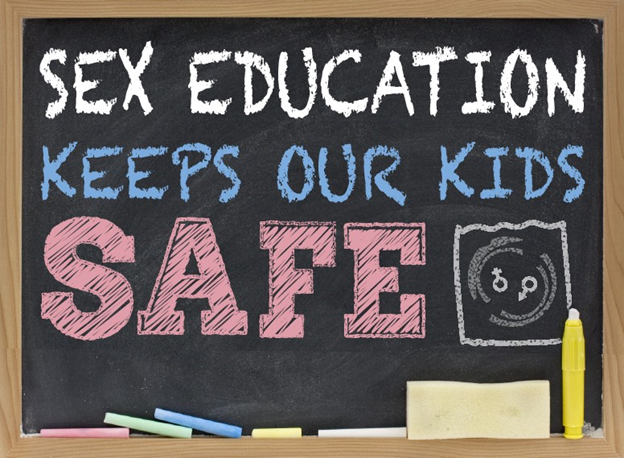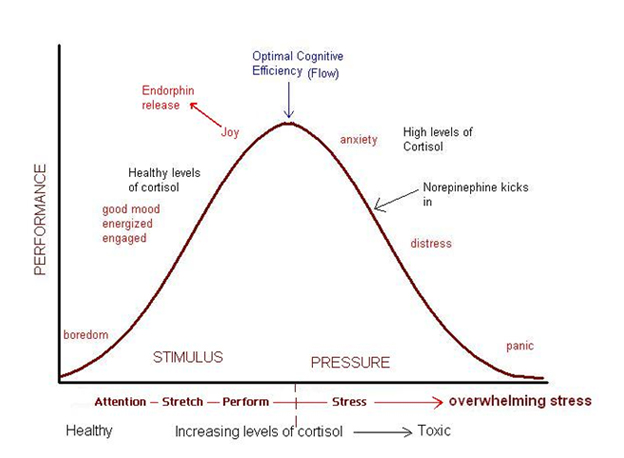
Education With Emotional Intelligence
- Employers, business and industry are recognizing the importance of emotional competencies in driving performance, productivity and profit.
- Recruiters are integrating tests for emotional skill-sets relevant for the job
- Educators are required to prepare the youth for this trend.
Academic success alone is not a good indicator of success in work life. Attributes which significantly contribute to success are:
- Motivation
- Ambition and Self-Worth
- Integrity and Trust
- Authentic Presence
- Clarity and Alignment of Goals
- Confidence
- Self- Regulation and Control
- Frustration Tolerance
- Empathetic Communication
- Adaptability
- Responsibility and Commitment
- Resilient attitudes
In order to develop these attributes in children and young adults the education sector must recognize and acknowledge learning as a brain function that is impacted by the chemistry of emotions.
Emotional turmoil hampers or misdirects learning and recall. Children with high I/Q may fail to learn under conditions of turmoil.
Educators must be aware of the 'Pygmalion Effect' and prevent adverse outcomes.

Pygmalion Effect

Adolescent Confusion is real:
- Ripening Intelligence and heightened understanding
- Surging Sexuality and distraction
- Pressure to Perform in Academics, Sports, Arts
- Social Pressures
- Smart Device Distraction
- Peer Pressure
- Relationship Demands
- Need to Conform versus need for Individuality
- Education with Emotional Intelligence continued
- Increasing Physical Strength
- Frustration and Mixed up Feelings
- Stress
Sex Education and Emotional and Social Education addresses their questions and have a calming influence, freeing up attention for academic requirements. Clarity reduces experimentation.
Is Emotional Competence linked with Cognition?
Emotionally Regulated individuals are able to exercise restraint and direct focus towards tasks and put aside distracting thoughts. They are able to exercise inner discipline and delay gratification, to be attentive in the present moment to grasp concepts during lessons. They are able to handle stress well enough to maintain memory and recall functions, thus able to perform well in tests.
Most Career Derailments occur due to emotional reasons.
- Inability to perform as a team member
- Poor Interpersonal Relationships
- Inability to tolerate the boss
- Ego imbalance
- Stress Related Health Problems
- Anger Issues
- Motivation and Enthusiasm Deficit
- Clash of Values
- Fear and Insecurity
- Lack of Integrity
- Care Givers in early childhood (Encourage EI Awareness in Parents)
- Role Models (Teachers are the first role models outside family)
- Peers (usually as inexperienced)
- Experiential learning from life
- Experiential learning from Sports and martial arts
- Experiential learning from Workshops
- Coaching for specific competencies
Emotional Intelligence is learned from


Joy Of Learning
- The JOY OF LEARNING
- JOY OF CREATIVITY
- JOY OF DISCOVERY
- JOY OF INCREASING SELF-WORTH
Appreciate and Encourage Pure Joy
These are the factors that make children look forward to go to school each day.
Detect Warning Signs of low self-worth
- Self-harming behavior
- Anger Management issues, Destructiveness
- Brooding / Depression
- Shyness / Withdrawal
- Acceptance seeking behavior (aping popular peers)
- Bullying
- Eating Disorders
- Sexual Promiscuity or obsession
- Mistreatment of Differently abled persons
- Racism / Gender discrimination
- Cruelty to Animals and Plants

